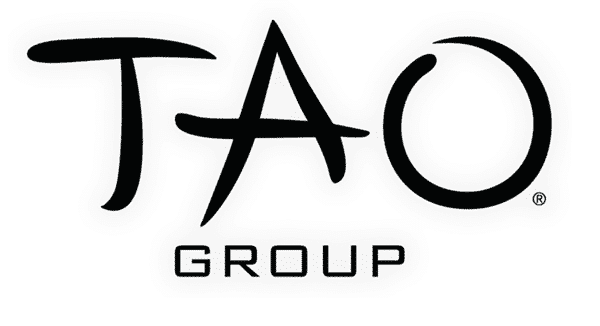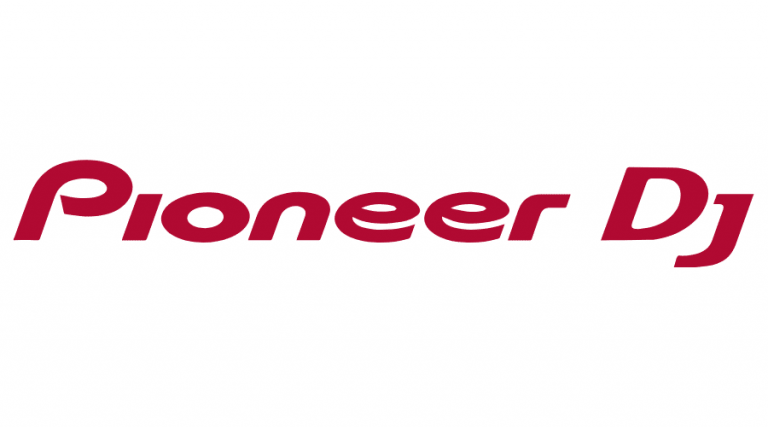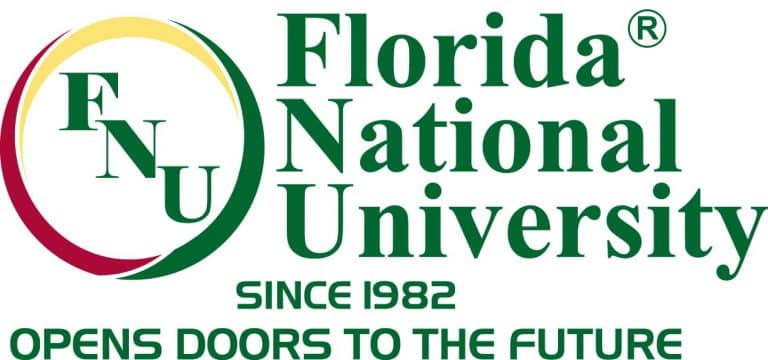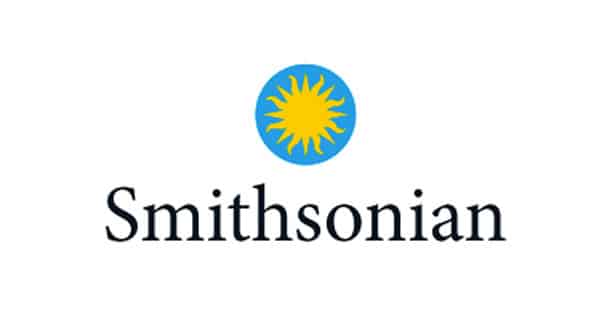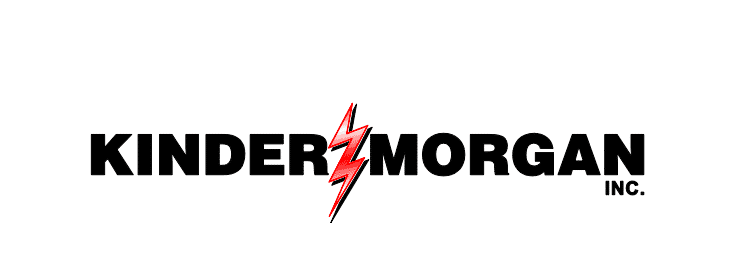The world of pay-per-click (PPC) advertising is undergoing a massive transformation thanks to the power of machine learning. As a result, “smart bidding in Google Ads how machine learning is changing PPC” has become a crucial topic for advertisers looking to maximize their return on investment. In this blog post, we’ll explore the role of machine learning in Google Ads, dive into the various Smart Bidding strategies, and learn how these advanced algorithms can enhance your campaigns for better performance.
Key Takeaways
Smart Bidding in Google Ads leverages machine learning to optimize bids and increase ROI.
Understanding Smart Bidding Strategies, setting up conversion tracking, and monitoring/adjusting bids are essential for successful PPC campaigns.
Machine Learning algorithms can be used to improve ad targeting & personalization, optimize bidding strategies & detect fraud for improved performance.
The Impact of Machine Learning on PPC and Smart Bidding

Machine learning is at the heart of Google Ads’ Smart Bidding, enabling real-time decision-making that improves the performance of automated bidding strategies. With the introduction of Smart Bidding in 2018, Google Ads provided advertisers with an array of strategies such as:
Maximize Conversions
Target CPA
Maximize Conversion Value
Target ROAS
Each strategy, including the automated bidding strategy, is designed to help achieve specific objectives. Strategies such as automated bids save time and effort, allowing advertisers to focus on other elements of their campaigns.
While manual bidding requires constant monitoring and adjustments, Smart Bidding leverages the power of machine learning to optimize bids for every auction, using contextual signals and search query level performance data. The result is a more efficient and effective approach to PPC, providing access to features such as true auction-time bidding and query-level adaptive learning that cannot be accessed through manual bidding.
What is Machine Learning?
Machine learning, a subset of artificial intelligence, enables computers to learn from data and improve their performance without requiring any explicit programming. Through the use of mathematical models and algorithms, machine learning evaluates data and generates predictions or decisions, allowing systems to adapt and optimize their performance over time.
This advanced technology is what powers Google Ads’ Smart Bidding strategies, ensuring that your campaigns are constantly evolving and improving.
The Role of Machine Learning in Google Ads
Google Ads’ Smart Bidding strategies heavily rely on machine learning. Advanced algorithms and extensive data facilitate machine learning in optimizing Google Ads bids in real-time, which guarantees optimal campaign performance. With strategies such as:
Target CPA
Target ROAS
Maximize Conversions
Maximize Conversion Value
Available, advertisers can choose the most suitable approach for their campaign objectives and benefit from the enhanced performance provided by machine learning.
Beyond bid optimization, machine learning also enhances ad targeting and personalization. By analysing user data and identifying patterns, machine learning algorithms can help create more relevant and customized ads, leading to higher click-through rates and conversions. This further highlights the importance of machine learning in enhancing the performance of your Google Ads campaigns.
Understanding Smart Bidding Strategies

Smart Bidding Strategies in Google. Ads offer a wide range of options for advertisers, each designed to achieve specific campaign goals. These strategies include:
Maximize Conversions
Target CPA
Maximize Conversion Value
Target ROAS
Selecting the right Smart Bidding strategy based on your goals and existing data optimizes your smart bidding campaigns for success.
Considering the pros and cons of each Smart Bidding strategy is crucial before making a decision to align it with your campaign goals. For example, if your goal is to increase conversions within a fixed budget, the Maximize Conversions strategy might be the best fit. On the other hand, if your focus is on achieving a specific cost per action, the Target CPA strategy would be more suitable. By understanding the differences between these options, you can choose the most effective bid strategy for your campaign.
Maximize Conversions Strategy

The Maximize Conversions strategy aims to:
Get as many conversions as possible within a set budget
Not focus on a specific cost per conversion
Be available for PMax, Search, Display, and video campaigns
Be a versatile option for various advertising goals.
The Maximize Conversions strategy is most suitable for campaigns that are limited by budget but lack a specific CPA or ROAS goal, and can be applied to campaigns with either no conversion history or few conversions.
For a successful Maximize Conversions strategy, you should:
Set a maximum cost-per-click
Monitor the average cost-per-click
Regularly evaluate and make necessary adjustments to the cost-per-click performance
Consider setting a target CPA to control risks associated with this strategy
Target CPA Strategy
The Target CPA strategy focuses on achieving a desired cost per action, with Google Ads adjusting bids to generate conversions at the specified target cost. This strategy is available for:
PMax campaigns
Search campaigns
Video campaigns
Display campaigns
It is recommended when attempting to increase conversions while not exceeding the desired CPA.
For effective use of the Target CPA strategy, it is necessary to have a minimum of 15 conversions in the past 30 days for display campaigns and 30 to 50 conversions for other campaign types before testing tCPA bidding. Additionally, setting bid minimums and maximums at the portfolio level can help ensure Google does not adjust bids beyond the specified floor or ceiling, providing more control over your ad spend.
Maximize Conversion Value Strategy
The Maximize Conversion Value strategy aims to maximize the total value of conversions, rather than the number of conversions, within a set budget. By utilizing conversion data, this strategy is distinct from the Maximize Conversions strategy, which focuses on achieving the highest amount of conversions within a predetermined budget without taking into account a specific cost per conversion.
To implement this strategy effectively, proper conversion tracking and conversion value setup are essential. The Maximize Conversion Value strategy also offers the option to add a Target ROAS to assist with its bidding. This helps guide the bidding process and ensures that the strategy is aligned with your desired return on advertising spend.
Target ROAS Strategy
The Target ROAS (Return On Ad Spend) strategy focuses on maximizing revenue at a desired return on ad spend, with Google Ads adjusting bids in real-time to achieve the target. It is essential to have a minimum of 15 conversions with the conversion value passed through to make this strategy successful. Utilizing it can yield desirable results. Video campaigns, in particular, require a minimum of 35 conversions per week when using this strategy.
When implementing the Target ROAS strategy, it’s important to monitor the performance of your ads and adjust bids as necessary to ensure that your campaign objectives are met. This strategy is ideal for advertisers who prioritize return on advertising spend and wish to optimize their campaigns for maximum revenue, rather than simply focusing on the number of conversions.
How Machine Learning Enhances Smart Bidding

Machine learning algorithms play a significant role in improving Smart Bidding by optimizing auction-time bidding, targeting advanced audience segments, and adapting to changing trends in the market. Through the use of machine learning, Smart Bidding can make more precise predictions and adjustments in real-time, ensuring that your campaigns are always performing at their best.
The advanced capabilities of machine learning not only enhance the performance of your Smart Bidding strategies, but also save you time and effort by automating the bidding process. This allows you to focus on other aspects of your PPC campaigns and ensures that your ad spend is optimized for maximum return on investment.
Auction-Time Bidding Optimization
Machine learning enables Smart Bidding to make accurate bid predictions and adjustments in real-time during auctions, improving campaign performance. By leveraging data from past auctions, machine learning algorithms can optimize bids for each individual auction based on factors such as:
the user’s search query
the user’s context
the user’s device
the user’s location
the time of day
This real-time optimization results in higher click-through rates, more conversions, and improved ROI.
Auction-Time Bidding Optimization is a powerful tool in the hands of advertisers, as it allows them to:
Stay competitive in the fast-paced world of digital marketing
Utilize machine learning to optimize bids in real-time
Adapt to changing market conditions
Ensure that their campaigns are always performing at their best
Advanced Audience Targeting
Smart Bidding leverages machine learning to analyze audience signals and target the most relevant users, increasing the likelihood of conversions. By examining user data such as demographics, interests, and past behavior, machine learning algorithms can create more relevant and customized ads, resulting in higher click-through rates and conversions.
Advanced Audience Targeting is a valuable tool for advertisers looking to maximize the impact of their PPC campaigns. By using machine learning to analyze audience signals and target the right users, Smart Bidding ensures that your ads are reaching the most relevant and engaged audience, ultimately driving better results for your campaigns. One effective strategy to consider is target impression share bidding, which can further optimize your ad placements and performance.
Adapting to Changing Trends
Machine learning algorithms continuously learn from data and adapt to changes in the market, ensuring that Smart Bidding strategies remain effective over time. By analysing past campaign data and adjusting to evolving trends, machine learning algorithms allow Smart Bidding to modify bids in real-time and optimize performance.
This ability to adapt to changing trends is crucial in the ever-evolving world of digital marketing. As market conditions shift and new opportunities arise, machine learning ensures that your Smart Bidding strategies are always on the cutting edge, maximizing your chances of success in the competitive PPC landscape.
Implementing Smart Bidding in Your PPC Campaigns

Successful implementation of Smart Bidding in your PPC campaigns requires the following steps:
Conversion tracking setup
Selection of an appropriate strategy based on your campaign goals and available data
Necessary monitoring and adjustment of bids
By following these steps and leveraging the power of machine learning, you can optimize your campaigns for better performance and maximize your return on investment.
While Smart Bidding provides many benefits over manual bidding, continuous monitoring and modification of your automated bidding strategies is vital for their efficient operation. Gaining experience with Google. Ads will help you create better bids and strategies. You should consider your objectives, target audience, and budget when adjusting your strategy.
Setting Up Conversion Tracking
Accurate performance data-based bid optimization in Smart Bidding requires proper conversion tracking. To set up conversion tracking, you’ll need to create a conversion action in your Google Ads account and install the Google tag to track conversions. This will ensure that your Smart Bidding strategies have the necessary data to make informed decisions and optimize your campaigns for maximum performance.
It’s important to note that some Smart Bidding Strategies, such as Maximize Conversion Value, require both conversion tracking and conversion value setup before they can be implemented. By setting up accurate conversion tracking, you can ensure that your Smart Bidding strategies are making the most of your ad spend and driving the best possible results for your campaigns.
Choosing the Right Strategy
Choosing a suitable Smart Bidding strategy aligned with your campaign goals, available data, and budget determines the success of your PPC campaigns. By considering factors such as:
industry assessment
resources required
barriers
potential outcomes
You can choose the strategy that best aligns with your organization’s position and resources in the industry.
Whether you opt for Maximize Conversions, Target CPA, Maximize Conversion Value, or Target ROAS, each Smart Bidding strategy offers unique advantages and disadvantages. By carefully evaluating your campaign objectives and available data, you can select the strategy that will help you achieve your desired results and ensure the success of your PPC campaigns.
Monitoring and Adjusting Your Bids
Regular reviews and adjustments of your Smart Bidding strategies are necessary for optimal performance and alignment with your campaign goals. By monitoring the performance of your ads and making changes to your bid strategies as needed, you can stay on track to achieve your desired results and make the most of your ad spend.
In addition to adjusting your bids, it’s important to stay informed about changes in the market or industry that may impact your campaigns. By keeping an eye on emerging trends and adjusting your strategies accordingly, you can ensure that your PPC campaigns remain effective and continue to deliver results in the ever-changing world of digital marketing.
Real-World Examples of Machine Learning in PPC

Machine learning has transformed the world of PPC advertising in numerous ways, including:
Optimizing bidding strategies
Ad targeting and personalization
Ad copy optimization
Fraud detection
Conversion prediction
By leveraging machine learning algorithms, advertisers can make more informed decisions and optimize their campaigns for better performance.
For example, a retail company utilizing the Maximize Conversion Value strategy in Google Ads could leverage machine learning to analyze user data and create more relevant and personalized ads, leading to higher click-through rates and conversions. Similarly, a marketing agency employing the Target ROAS strategy could use machine learning to optimize bids in real-time, ensuring that their campaigns are always performing at their best and maximizing return on advertising spend.
Summary
In conclusion, the power of machine learning has revolutionized the world of PPC advertising through the implementation of Smart Bidding Strategies in Google Ads. By choosing the right strategy, setting up proper conversion tracking, and regularly monitoring and adjusting bids, advertisers can optimize their campaigns for maximum performance and return on investment. With machine learning continuously evolving and adapting to changing trends, the future of PPC advertising is poised for even greater advancements and success.
Frequently Asked Questions
What does Google Ads smart bidding use machine learning and your account data to help you do?
Google Ads Smart Bidding leverages machine learning algorithms and your account data to effectively process and analyze vast amounts of information, enabling more accurate predictions on how different bid strategies would affect conversions or conversion value.
What’s the primary benefit of using smart bidding strategies in Google Ads?
Smart Bidding in Google. Ads allow you to customize settings to meet your specific business goals, while also setting performance targets for various device types.
As a result, you can maximize conversions and improve conversion value.
Which two Google Ads smart bidding strategies are most ideal to use?
For a good starting point for new campaigns, Target CPA and Target ROAS are the ideal Google Ads Smart Bidding Strategies to use.
Cost-per-click (CPC) bidding or focusing on impressions may also be suitable strategies depending on your goals.
What are the main Smart Bidding strategies available in Google Ads?
The main Smart Bidding strategies available in Google Ads are Maximize Conversions, Target CPA, Maximize Conversion Value, and Target ROAS.
How does machine learning enhance auction-time bidding optimization?
Machine learning algorithms leverage past performance data to make timely bid adjustments during auctions, optimizing campaign performance and maximizing ROI.










